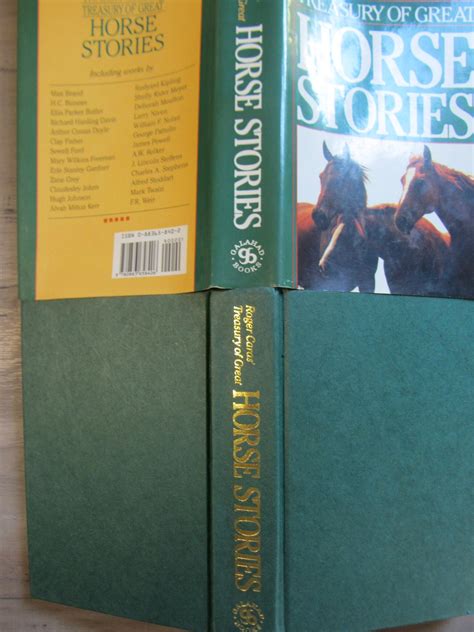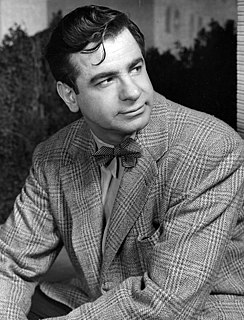A Quote by Joyce Carol Oates
'We Were the Mulvaneys' is perhaps the novel closest to my heart. I think of it as a valentine to a passing way of American life, and to my own particular child - and girlhood in upstate New York. Everyone in the novel is enormously close to me, including Marianne's cat, Muffin, who was in fact my own cat.
Related Quotes
I'm drawn to write about upstate New York in the way in which a dreamer might have recurring dreams. My childhood and girlhood were spent in upstate New York, in the country north of Buffalo and West of Rochester. So this part of New York state is very familiar to me and, with its economic difficulties, has become emblematic of much of American life.
Another cat? Perhaps. For love there is also a season; its seeds must be resown. But a family cat is not replaceable like a wornout coat or a set of tires. Each new kitten becomes its own cat, and none is repeated. I am four cats old, measuring out my life in friends that have succeeded but not replaced one another.
In Egypt: Under no conditions, under threat of death could anyone kill a cat. People were exceuted for even killing a cat accidentally. And when a cat died, the whole family, and probably their closest friends, went into mourning, the measure of their personal loss signalled by their shaving off their eyebrows.
The Lady Amalthea beckoned, and the cat wriggled all over, like a dog, but he would not come near... She was offering her open palm to the crook-eared cat, but he stayed where he was, shivering with the desire to go to her"...[later, Molly asked the cat] "Why were you afraid to let her touch you? I saw you. You were afraid of her." "If she had touched me," he said very softly, "I would have been hers and not my own, not ever again. I wanted her to touch me but I could not let her. No cat will... The price is more than a cat can pay.
...But nature does not say that cats are more valuable than mice; nature makes no remark on the subject. She does not even say that the cat is enviable or the mouse pitiable. We think the cat superior because we have (or most of us have) a particular philosophy to the effect that life is better than death. But if the mouse were a German pessimist mouse, he might not think that the cat had beaten him at all. He might think he had beaten the cat by getting to the grave first.
I'm skeptical that the novel will be "reinvented." If you start thinking about a medical textbook or something, then, yes, I think that's ripe for reinvention. You can imagine animations of a beating heart. But I think the novel will thrive in its current form. That doesn't mean that there won't be new narrative inventions as well. But I don't think they'll displace the novel.
Cheshire Cat: If I were looking for a white rabbit, I'd ask the Mad Hatter. Alice: The Mad Hatter? Oh, no no no... Cheshire Cat: Or, you could ask the March Hare, in that direction. Alice: Oh, thank you. I think I'll see him... Cheshire Cat: Of course, he's mad, too. Alice: But I don't want to go among mad people. Cheshire Cat: Oh, you can't help that. Most everyone's mad here. [laughs maniacally; starts to disappear] Cheshire Cat: You may have noticed that I'm not all there myself.
You may say a cat uses good grammar. Well, a cat does -- but you let a cat get excited once; you let a cat get to pulling fur with another cat on a shed, nights, and you'll hear grammar that will give you the lockjaw. Ignorant people think it's the noise which fighting cats make that is so aggravating, but it ain't so; it's the sickening grammar they use.



































